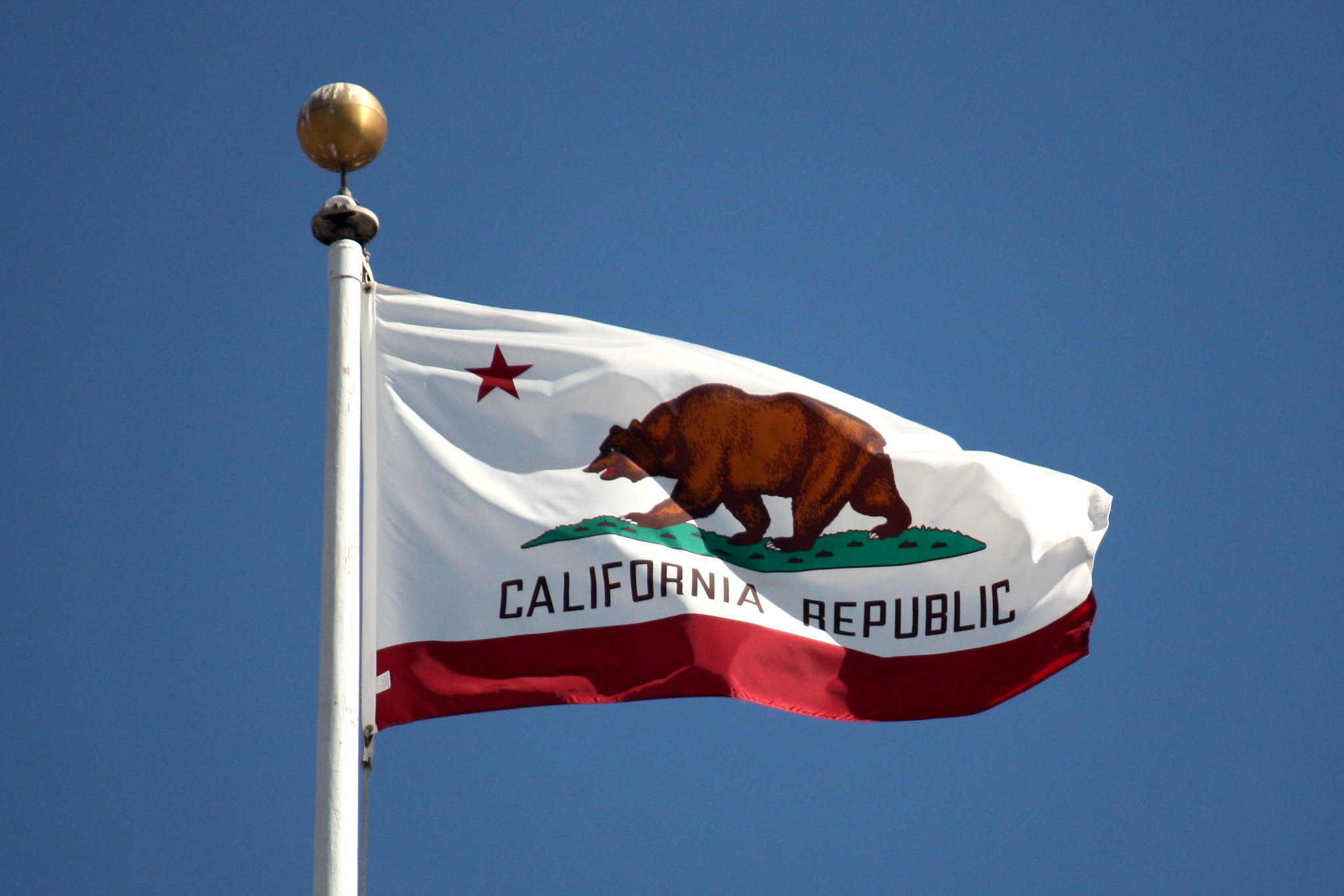
EXPLAINER: How the California Consumer Privacy Act affects nearly everyone
The California Consumer Privacy Act (CCPA) was signed into law June 28, 2018, and became effective Jan. 1, 2020. The law was passed to enhance privacy rights and consumer protections for the residents of California.
The CCPA gives the residents of California the ability to see what data is being collected on them, know if their data is sold or disclosed and to whom, reject the sale of a person’s personal data, request a business to delete the data they have of theirs, and not be discriminated for acting on their privacy rights.
To whom does this bill apply?
The CCPA fact sheet states: “Businesses are subject to the CCPA if one or more of the following are true:
- Has gross annual revenues in excess of $25 million;
- Buys, receives, or sells the personal information of 50,000 or more consumers, households, or devices;
- Derives 50 percent or more of annual revenues from selling consumers’ personal information.
As proposed by the draft regulations, businesses that handle the personal information of more than 4 million consumers will have additional obligations.”
How will this be implemented?
To obtain personal information from people under the age of 13, companies need a parental guardian’s permission. The website of the business has to have a link on their homepage for users to opt-out of the sale of a resident’s personal data.
What type of personal data do companies look at?

Companies look at a person’s name, username, password, phone number, address, their online behavior, IP address, race, religion, beliefs, marital status, browser history, facial recognition, and fingerprints. The CCPA protects the residents of California protection from companies at looking at all these, except for public government information about them, such as marital status.
What are the consequences of failing to follow the law?
Failure to follow the law can come with a fine of $2,500, or $7,500 if the law is broken intentionally. This law will be enforced for every single individual violation. Meaning, if a company violates a large group of people’s rights, they might have to pay a large sum of money.
Pros and cons of the CCPA
Pros:
- Companies could give incentives or rewards to consumers to give up their personal data.
Cons:
- The attorney general of California currently does not have the resources to charge every company that violates the law.
Does this affect non-Californians?
An individual who lives outside of California will not be able to prevent a company from looking at their personal data. However, individuals have a right to see what data the company is collecting from them.

Additionally, some companies might extend the law to residents outside of California. Microsoft and Firefox say they are not limiting the law to just residents of California.
Will this ever reach the federal level?
Legislators have sent in several different bills and the Senate Commerce Committee held two competing bills back in December. However, federal law could supersede state law and make the CCPA unenforceable.
What does the future hold?
Time will tell how the bill will truly affect people. It is possible for this bill to either be implemented nationwide or superseded completely. Also, there are possibilities that this bill could be amended and changed as time passes.
